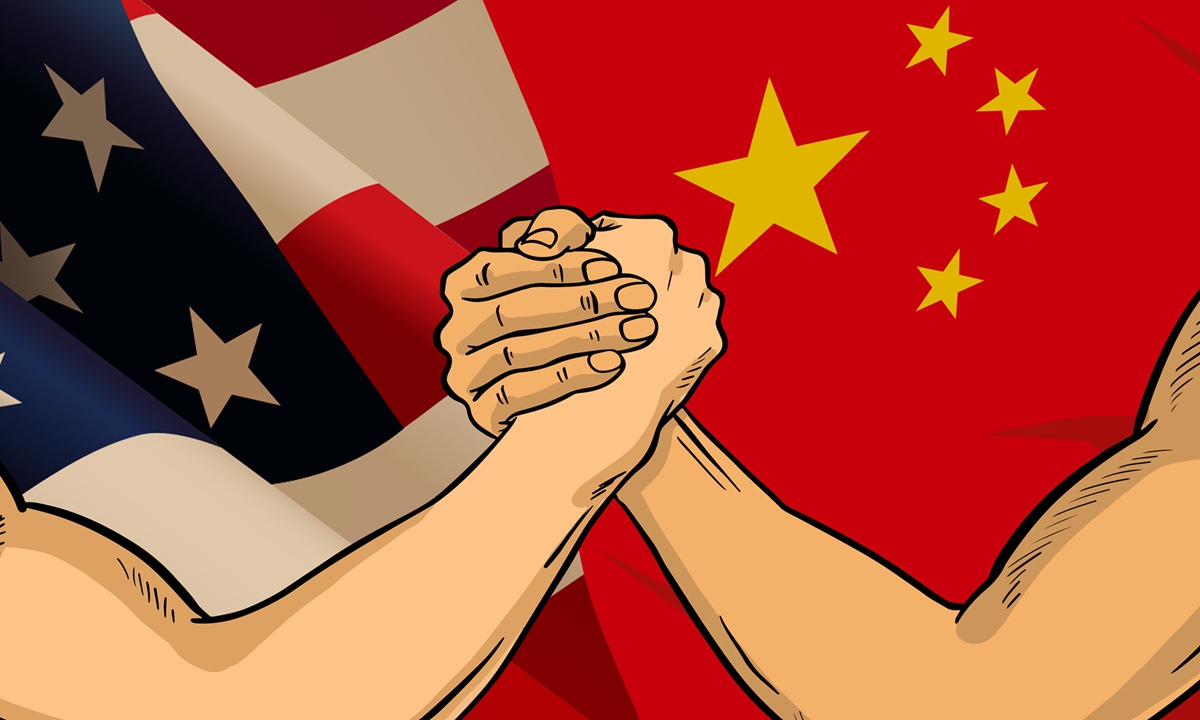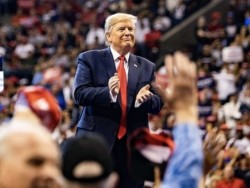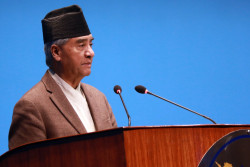Opinion

Adverbs in the English language often have the effect of needlessly complicating diplomatic communication. The latest case in point: did the US House Speaker “needlessly” provoke China when she recently visited Taiwan? In our part of the world any external provocation is considered needless.
Strategic ambiguity has always been a coy mainstay of US-China relations since 1979 especially over the Taiwan "question". That year the US recognized Taiwan as an inalienable part of One China. But then it also went on to enact the Taiwan Relations Act and committed itself to providing Taipei the means to defend itself. In the 43 years since, the US has sold close to US$ 90 billion in defence supplies to Taiwan. This should help explain why provocation is never “needless” to the interests of the US military-industrial complex.
China reluctantly accepted US strategic ambiguity vis-a-vis Taiwan as long as it considered itself militarily inferior. In fact, this latest standoff in the Taiwan Straits is by no means the first one. During similar crises in 1954 and 1958 China backed down in the face of major potential encounters with the US. In those days the US military even reportedly considered nuclear attacks to deter China from invading Taiwan – plans subsequently rejected by US President Dwight D Eisenhower. The resulting truce was uneasy and even comical at times as Beijing and Taipei took turns at lobbing shells at each other every alternate day and at very precise times.
A third crisis occurred in 1995 when the US hosted the then Taiwanese President, ostensibly to visit Cornell University, his alma-mater. China responded with prolonged live-fire exercises just off Taiwanese waters, similar to what it is doing today. The belligerence ceased only after the US sent two aircraft carrier battle groups to the region.
Not unlike in 1995 China sees Nancy Pelosi’s recent controversial trip to Taipei as a deliberate attempt on Washington’s part to walk back the One China policy. But China today is vastly different from the China of 1995 and this has even the hawks in Washington worried. China’s unprecedented economic rise has also set off what western military watchers often describe as the largest and fastest military build-up in history. Even Pentagon officials concede they now get regularly licked in war games simulating a Chinese invasion of Taiwan, according to widely circulating leaks. Not surprisingly, the top US military brass initially advised Pelosi against including Taipei in her Asia itinerary and risking Beijing’s ire.
China has never made any secret of its intentions to “peacefully” reunite Taiwan with the “motherland”. For a long time, this was seen as an open-ended goal and thus the long-standing emphasis on maintaining the status quo. But, of late, Chinese President Xi Jinping has demonstrated a disquieting impatience over the matter and has been repeatedly quoted as saying the Taiwan issue “cannot be passed from generation to generation”. On other occasions Xi has been quoted as describing reunification with Taiwan as central to the “great revival of China” by the year 2049 – in time for the 100th anniversary of the People’s Republic.
Given the high stakes involved, it is hard to see how Taiwan’s reunification with China could be “peaceful”. Kevin Rudd, the former Australian Prime Minister, eminent Sinologist and author of The Avoidable War: The Dangers of a Catastrophic Conflict between the US and Xi Jinping's China offers an interesting take. He suggests that China is convinced that its military dominance in the region will be undisputed by the year 2035 and its takeover of Taiwan thereabouts will be uncontested and therefore “peaceful”. “The balance of power continues to change in China’s favour… the west could be sleepwalking into war…,” he warns.
Chilling advice at one level, but déjà vu at another – considering that the US has failed to conclusively win any war (and peace) in Asia since Japan’s defeat in World War II.






